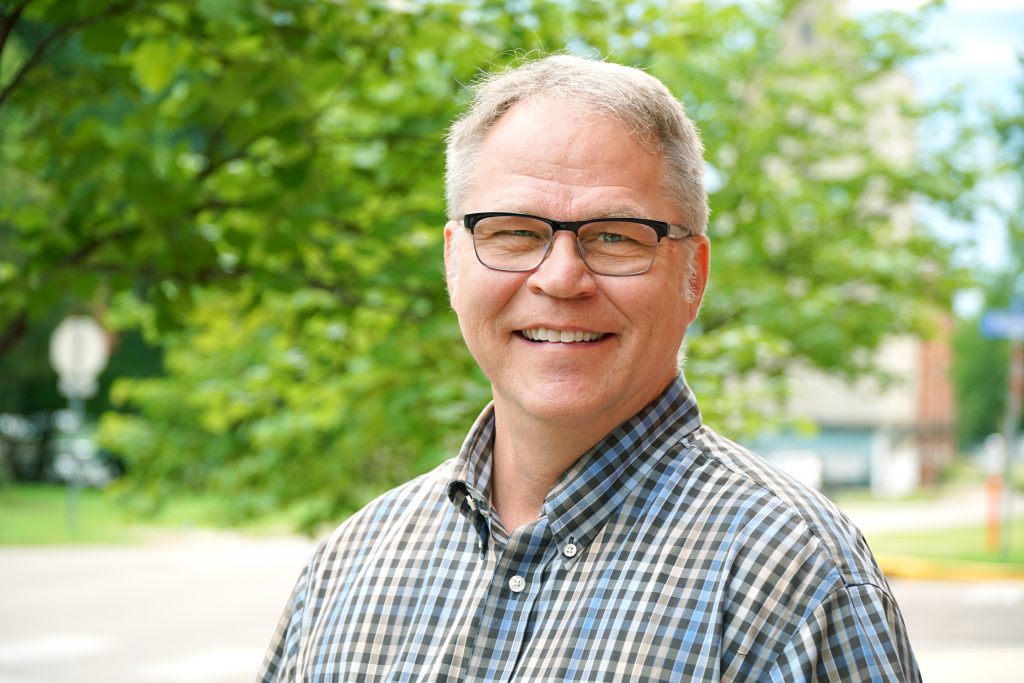Drew Brooks – Faith Partners Director
The pandemic has revealed many things, especially the needs and gaps in our response to addiction and mental health issues. During the last 18 months there has been a significant increase in alcohol and drug use, relapse from addiction, drug overdoses, depression, anxiety, suicidal ideas, compounded grief, emotional isolation, and death.
Despite these facts, the stigma and silence still linger in the air of many congregations of faith.
Stigma keeps us from being honest with ourselves and asking for help. In the recovery community there is a saying: “You are only as sick as your secrets”. Juxtaposed to that notion is this: “The truth will set us free”.
The vulnerability and courage required to create a faith community that speaks openly about addiction and recovery can be stunted by real or perceived judgment and condemnation. The hallmark of any authentic community is five-fold: it is increasingly resilient, it shares concerns with people who are struggling, it connects people with helpful community resources, it supports paths to healing, and the community has found its collective voice.
Many of us have experienced addiction or mental health issues personally or with family or friends. The first step to finding your own voice, whether you are afflicted by addiction or affected by a loved one’s struggles is being comfortable with your story. Faith Leaders can honor these voices through their preaching and teaching.
One pastor – when faced with addressing the topic of recovery – said he didn’t know where to start in developing his message. He was advised to open his sacred text to any page and start wherever his finger landed on the page. The sacred texts of the world’s religions are full of fallen and broken people, many who have found redemption. Our own personal testimonies reveal God’s healing power in and through our lives.
Research shows – and congregations confirm – that spiritual practices and intercessory prayer can heal and restore health. The sick benefit from both good medical care and a caring, praying community. Just as we ask for prayers for an aunt about to have surgery, we can also share prayers for close friends who are struggling with addiction. Just as we rejoice in the birth of an infant, we can rejoice with a congregational member who is celebrating a sobriety birthday.
Congregations can claim recovery by making their community of faith a safe place for people to share the challenges of life, where people can be open and truthful, and where there are ongoing conversations about real life issues such as alcoholism and other addictions. This doesn’t happen automatically. It requires awareness, education, appropriate referral information, and support for individuals and families.
Henri Nouwen, author of the popular book The Wounded Healer, encourages those who minister to others to make their own wounded condition available to others as a source of healing. He says, “service to others will not be perceived as authentic unless it comes from the heart wounded by the suffering of which they speak”.
Faith communities have unique opportunities to acknowledge and bless those who have been wounded by addiction so that they may become a blessing to others.
What would it take for your faith community to not just accept people in recovery, but see them as gifts and blessings to your faith community? For surely, people in recovery have much to offer others. They have experienced great suffering and found meaning in it. They have walked a disciplined spiritual path. They have fallen on their knees and cried out to God fully knowing that they cannot heal themselves.
Wouldn’t any faith community be enriched, strengthened and perhaps revitalized by the blessing of those who have walked this walk with God and are in the position to share their experience, strength and hope with others?
Drew Brooks is Executive Director of Faith Partners, a national organization that equips people of faith to serve with an informed, compassionate response to the risk and prevalence of addiction.

